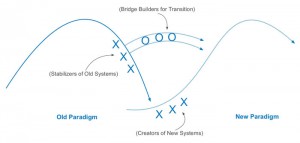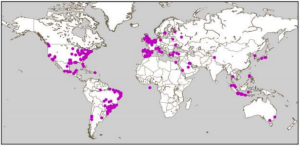
Curation By Connection Encourages “Average Experts” To Tame The Web
The power of the web is a hot topic for business journals and Internet startups, notably its ability to turn a simple idea into a powerful force by leveraging existing social interactions and letting people share what’s important to them. No longer do we rely on a few experts and advertisers to dole out information according to their own priorities, and passively consume that information. On the contrary, content can be created and curated by literally thousands of ‘average’ people with above average interest and insight, and spread across huge aggregations of likeminded people.
I’ve been watching closely the up-and-coming site “One Hundred Tables,” a restaurant listing site that’s built on a simple idea: one hundred featured restaurants in each of one hundred cities. Founder Tony Akston has created a million-dollar business model by charging just $100 to be listed, a sum a restaurant can recoup by snagging just one new regular. The concept is simple, the site is low in cost to host and maintain, and it offers something every entrepreneur strives for: overwhelming value for the customer. The price point is almost unthinkably reasonable given the opportunity for return – a rare business “no brainer.” The real earning potential is in the exponential multiplication of small transactions – a staple concept for web-based businesses.









